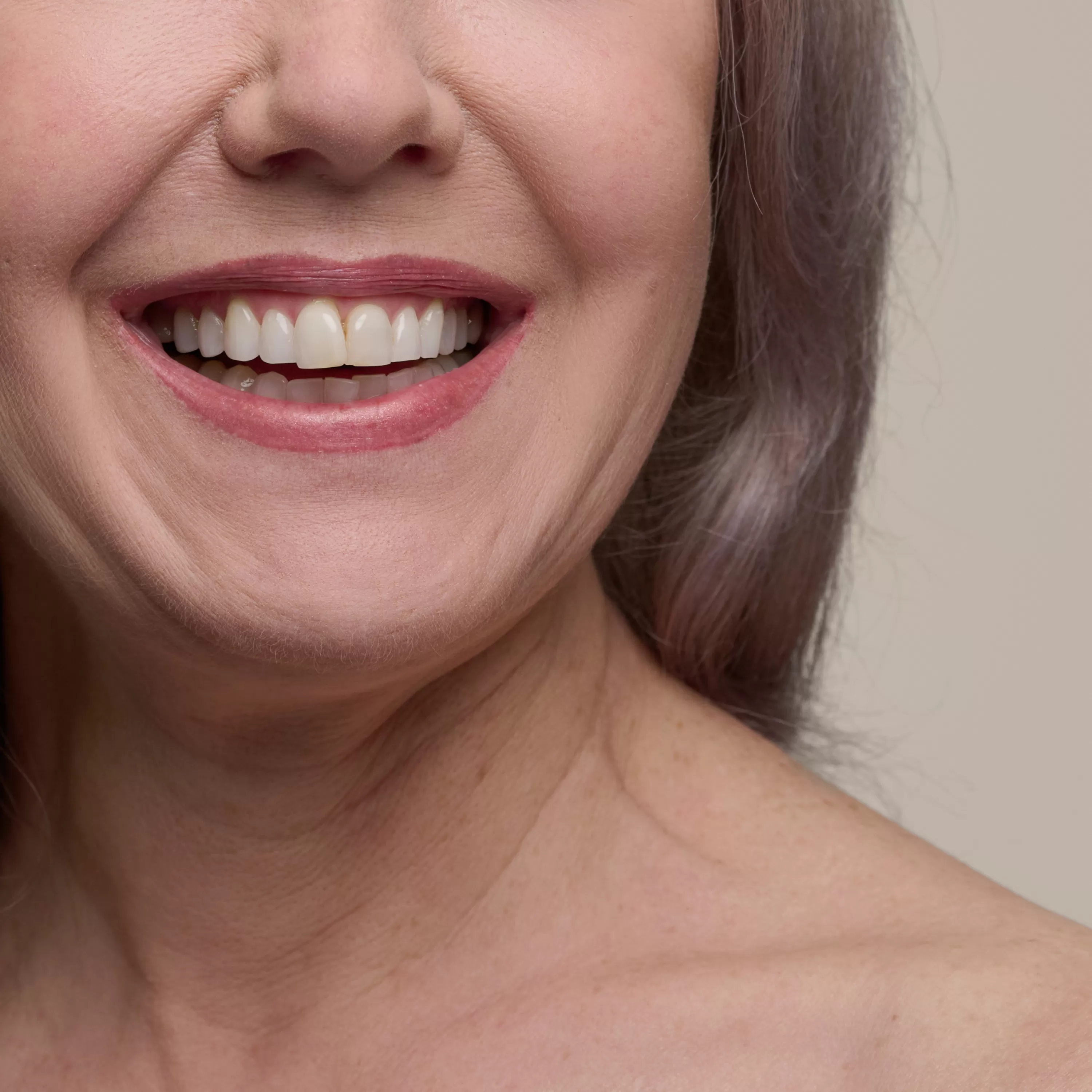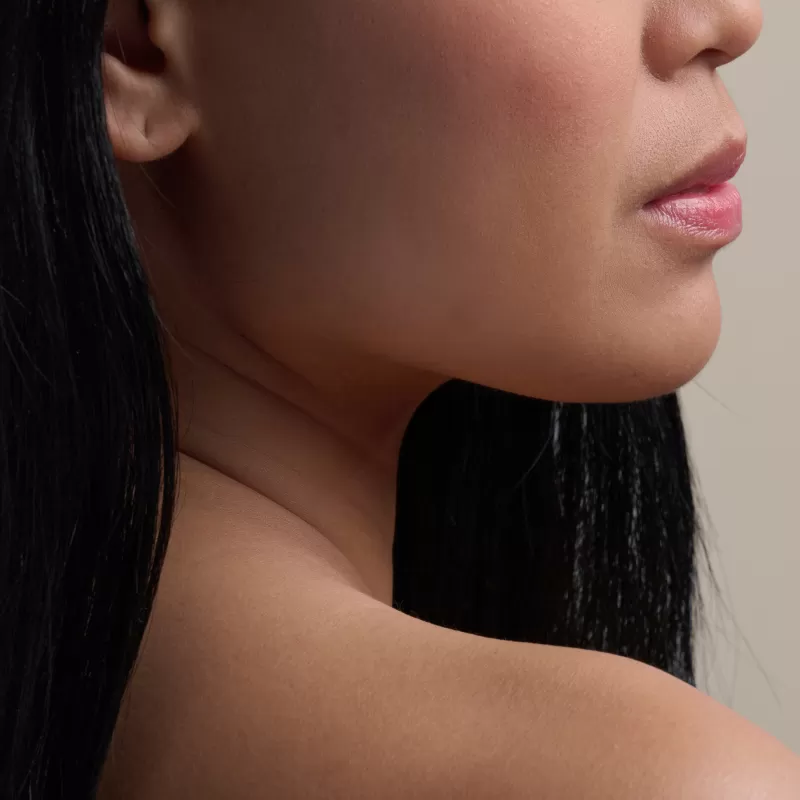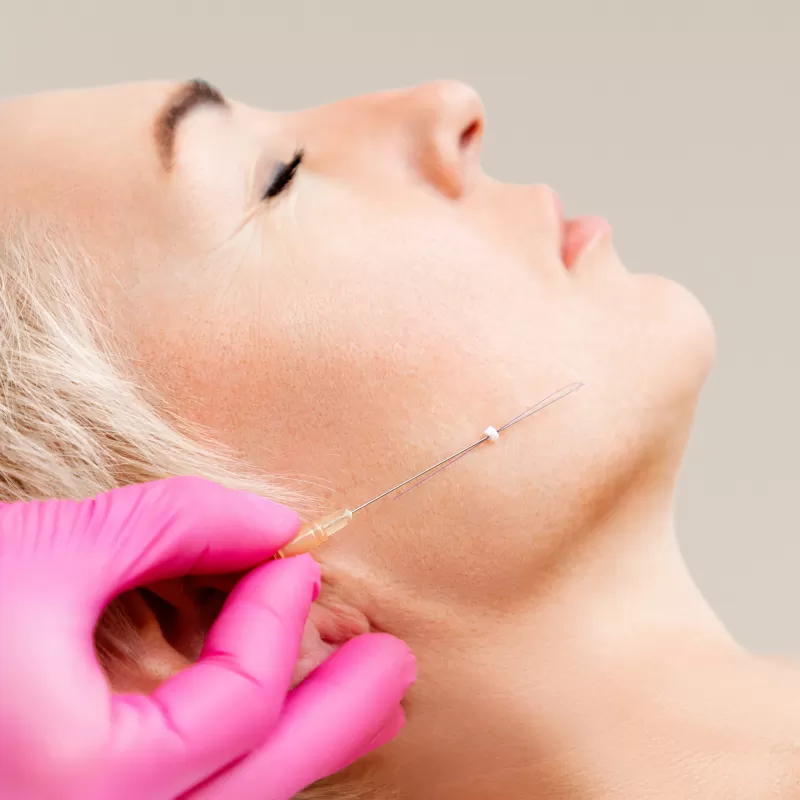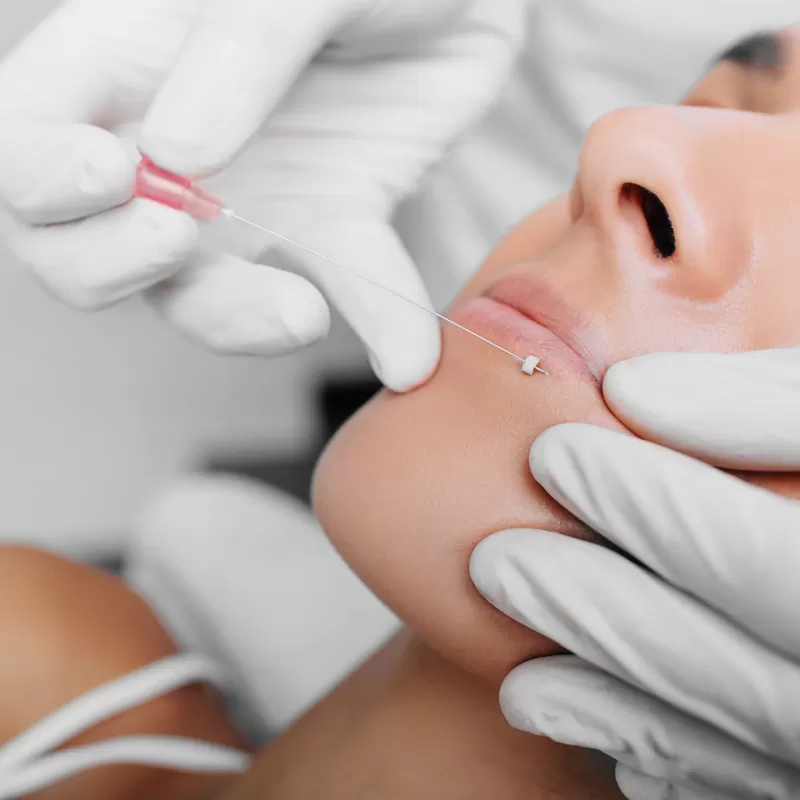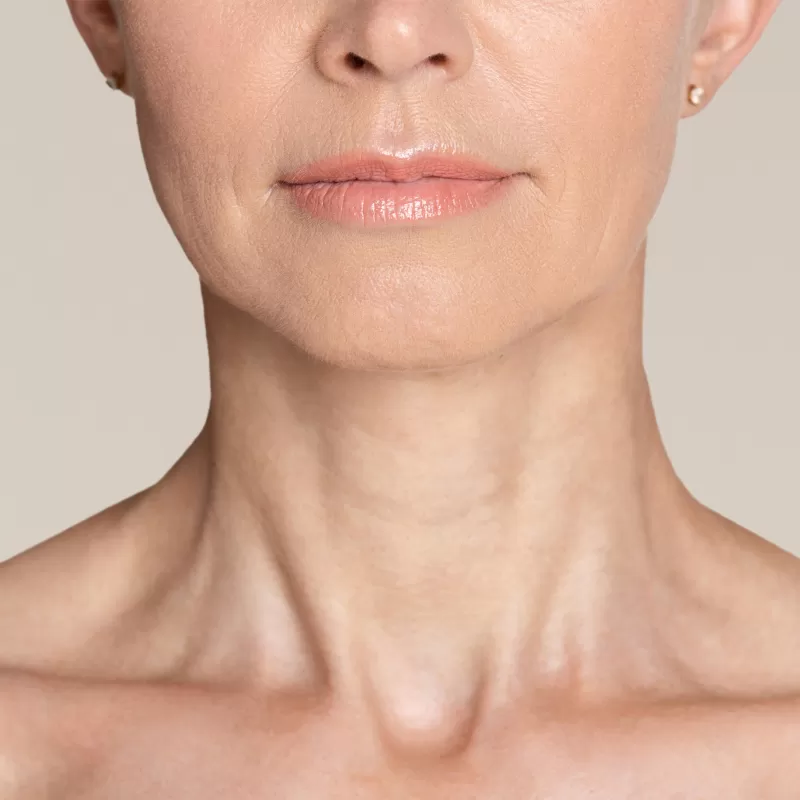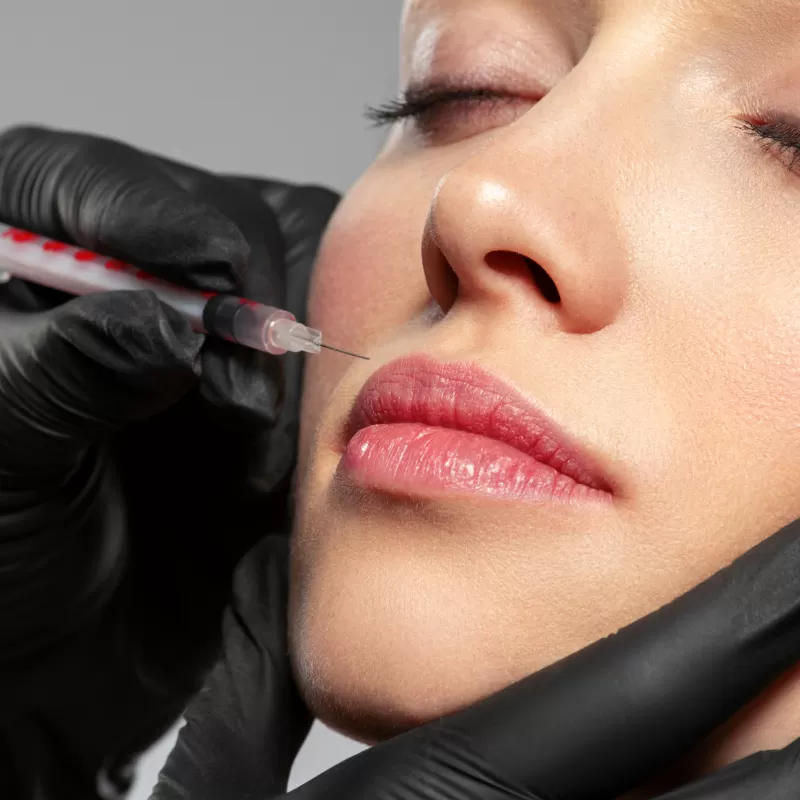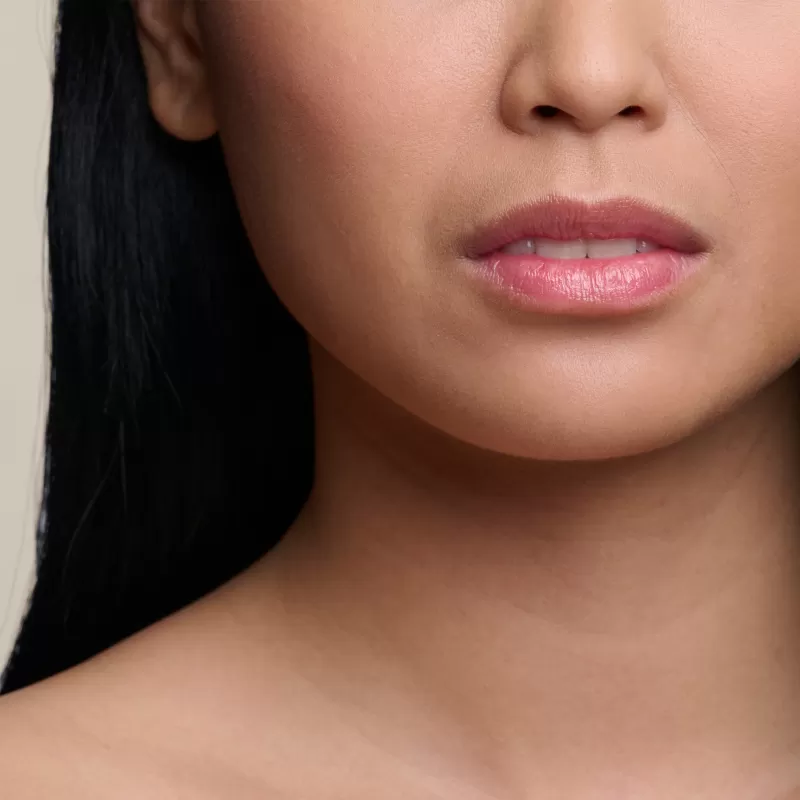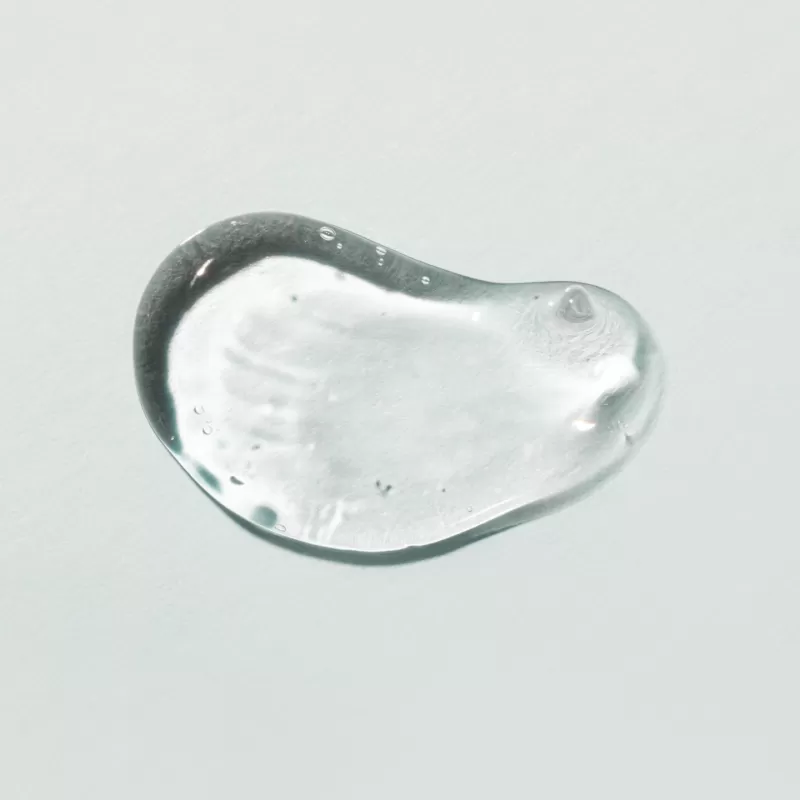Bruxism (Teeth Grinding)
Bruxism (Teeth Grinding)
Bruxism (Teeth Grinding)
Condition
Suffering from a clenching jaw, teeth grinding, an aching jaw and headaches? Respond to bruxism today with The R Clinic
What is Bruxism?
What is Bruxism?
Teeth grinding and clenching teeth, also known as bruxism, is a problem that affects a large percentage of individuals.
Teeth grinding (particularly while asleep) is a common problem with sufferers waking with sore teeth or an aching jaw. Patients with this condition often wear a night guard for teeth, however bruxism can be frequent and severe enough to lead to jaw disorders, headaches, damaged teeth, and other problems.
If you are looking to stop grinding teeth in sleep, our practitioners at the R Clinic can help.
What causes Bruxism?
What causes Bruxism?
It’s not completely understood what causes bruxism, but it may be due to a combination of physical, psychological, and genetic factors. Anxiety, stress, anger, frustration, or tension can all contribute to bruxism. Teeth grinding may also be a coping strategy or a habit during deep concentration. While sleep bruxism may be a sleep-related chewing activity associated with arousals during sleep.
Other risk factors include medications and recreational drug use, family history of bruxism or mental health disorders, or underlying condition such as Parkinson’s, epilepsy, sleep apnea or ADHD.
How can we help?
How can we help?
At the R Clinic we offer masseter injections which help in the management of teeth grinding by relaxing the jaw muscles associated with teeth grinding. The muscle being treated is the masseter muscle, and as the muscle relaxers weaken the masseter, it relaxes the jaw. This stops the jaw and teeth from involuntarily clenching, reducing symptoms and damage to teeth.
Muscle relaxant (or ‘anti-wrinkle’) injections can be used to successfully treat bruxism and is the same technique used to reduce the squareness of the jawline. Also known as masseter reduction injection or jaw slimming injection.
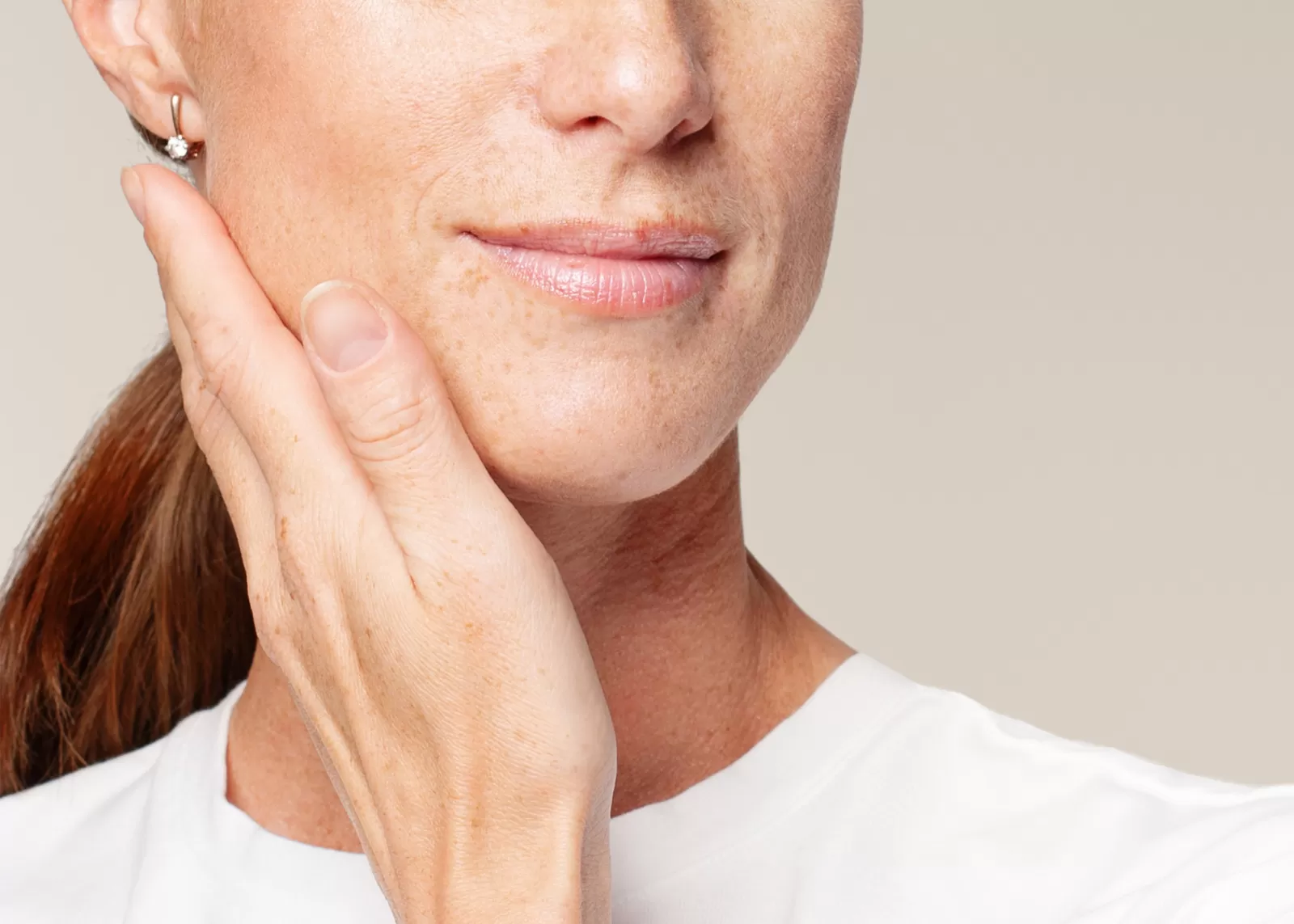
FAQ
Have further questions or want to learn more?
What are the risk factors for bruxism?
- Stress. Increased anxiety or stress can lead to teeth grinding. So can anger and frustration.
- Age. Bruxism is common in young children, but it usually goes away by adulthood.
- Personality type. Having a personality type that’s aggressive, competitive or hyperactive can increase your risk of bruxism.
- Medications and other substances. Bruxism may be an uncommon side effect of some psychiatric medications, such as certain antidepressants. Smoking tobacco, drinking caffeinated beverages or alcohol, or using recreational drugs may increase the risk of bruxism.
- Family members with bruxism. Sleep bruxism tends to occur in families. If you have bruxism, other members of your family also may have bruxism or a history of it.
- Other disorders. Bruxism can be associated with some mental health and medical disorders, such as Parkinson’s disease, dementia, gastroesophageal reflux disorder (GERD), epilepsy, night terrors, sleep-related disorders such as sleep apnea, and attention-deficit/hyperactivity disorder (ADHD).
What are the symptoms of bruxism?
- Teeth grinding or clenching, which may be loud enough to wake up your sleep partner
- Teeth that are flattened, fractured, chipped or loose
- Tired or tight jaw muscles, or a locked jaw that won’t open or close completely
- Worn tooth enamel, exposing deeper layers of your tooth
- Increased tooth pain or sensitivity
- Jaw, neck or face pain or soreness
- Pain that feels like an earache, though it’s actually not a problem with your ear
- Dull headache starting in the temples
- Sleep disruption
What self-care may prevent or help bruxism?
- Reduce stress. Listening to music, taking a warm bath or exercising can help you relax and may reduce your risk of developing bruxism.
- Avoid stimulating substances in the evening. Don’t drink caffeinated coffee or caffeinated tea after dinner and avoid alcohol during the evening, as they may worsen bruxism.
- Practice good sleep habits. Getting a good night’s sleep, which may include treatment for sleep problems, may help reduce bruxism.
What are the complications of bruxism?
In most cases, bruxism doesn’t cause serious complications. But severe bruxism may lead to:
- Damage to your teeth, restorations, crowns or jaw
- Tension-type headaches
- Severe facial or jaw pain
- Disorders that occur in the temporomandibular joints (TMJs), located just in front of your ears, which may sound like clicking when you open and close your mouth
